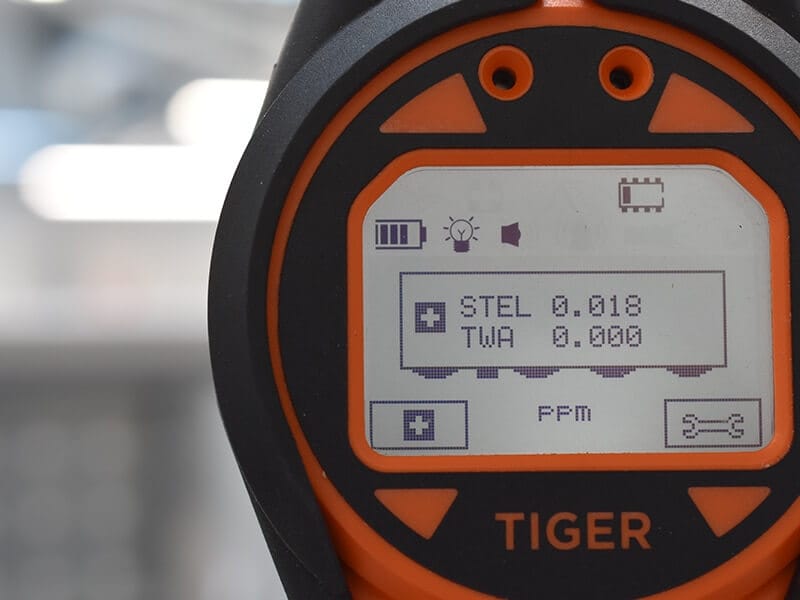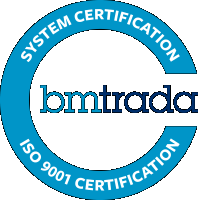
Workplace Exposure Limits (WELs)
What are they?
What is a WEL?
Under the COSHH regulations, workplace exposure limits (WELs) are assigned to a large number of hazardous substances, which must not be exceeded. Exposure limits are in place to control the effects of substances, depending on the nature of the substance and the effects of exposure. Around 500 substances have WELs assigned to them, and these hazardous substances could be chemicals, fumes, dust or fibres.
– COSHH Workplace Exposure Limits (WELs) Explained
Types of WELs used
There a few different types of limits used and some are only specific for certain governing bodies the 2 most common are TWA and STEL
A Time Weighted Average (TWA) is based on an 8-hour workday and a 40-hour work week. For example the TWA for carbon monoxide is 25 ppm. This means that an average of 25 ppm is considered to be the safe Threshold Limit Value (TLV®) for an 8-hour workday.
A Short Term Exposure Limit (STEL) is based on a 15 minute average.
Other exposure limits include
A Ceiling limit is a WEL that should not be exceeded during any part of the work experience.
The Permissible Exposure Limit (PEL or OSHA PEL) is a TLV® established by OSHA in the USA and may differ from governing bodies outside the USA. A PEL is usually given as a time-weighted average (TWA), although some are Short Term Exposure Limits (STEL) or Ceiling Limits.
RELs or Recommended Exposure Limits are TLVs® established by NIOSH for exposure of an employee to a substance or physical agent.
For further information, Please email info@ionscience.com or telephone: +44 (0) 1763 208 503 as we will endeavour to assist you with further details.
White Paper Article
Everything you need to know about Workplace Exposure Limits (WELs)
Our White Paper Article is available to download below, the information provides you with key information regarding how many people are exposed to a variety of substances at work (eg chemicals, fumes, dusts, fibres) which can, under some circumstances, have a harmful effect on their health. Therefore, it is important to know in advance how to protect the health of people working with hazardous substances and also of other people who may be affected by the work being carried out.

Download your copy of ‘Workplace Exposure Limits (WELs) What are they?’
Please complete the form below to download the White Paper Article.




 United Kingdom
United Kingdom






